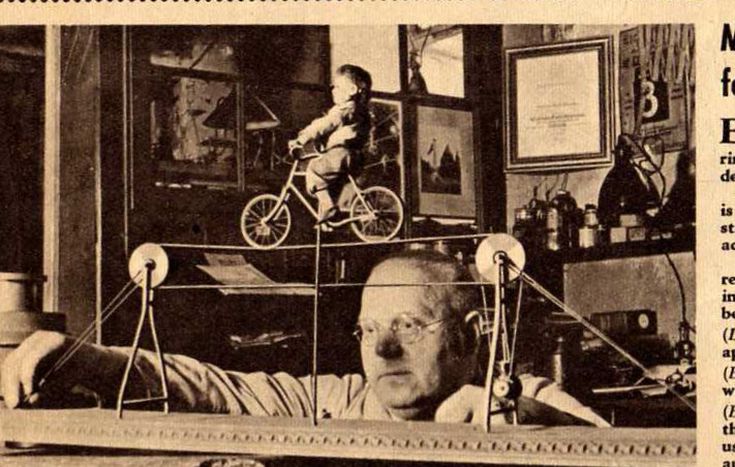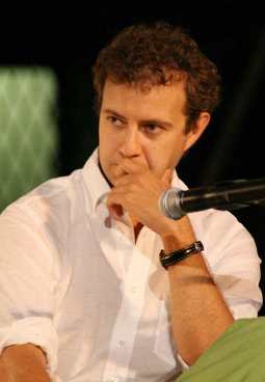
Massimiano Bucchi: 'our system of electing people who decide for us on nuclear energy is not sufficient'
Published on
Google 'nanotechnology' or 'stem cell', and you get academic reports, but no real feedback. Did you know that the taste for crispy potato is inscribed in your brain? Science can be entertaining too. Three questions to the Trento university professor on the dramatic challenges for Europe's scientific community, which is getting little mediatisation
How can we raise citizen interest in science?
 People get interested in science and technology when they are concerned and affected by it. Sometimes I have the impression that policymakers speak out when want to raise consensus for certain issues. A little minority is interested in science. This is a paradox of many initiatives in science communication; they reach the people who are already interested. Data about science museums visitors shows it is always the same minority who visits them.
People get interested in science and technology when they are concerned and affected by it. Sometimes I have the impression that policymakers speak out when want to raise consensus for certain issues. A little minority is interested in science. This is a paradox of many initiatives in science communication; they reach the people who are already interested. Data about science museums visitors shows it is always the same minority who visits them.
Why is the majority not interested if science impacts their lives?
We cannot be experts on everything! Otherwise citizens would have to be experts on tax reform today, on financial crises tomorrow, on biotechnology on Tuesday and on stem technology Thursday. The challenge is not to inform everybody about everything but the way politics deals with the challenges of science and technology. It is clear that when it comes to science and technology issues, our system of electing people who afterwards decide for us, together with the experts, on nuclear energy for example, is not sufficient anymore. It leads to conflicts one day after another. The crucial challenge for European society is to invent a new form of democracy which can face the wealth, complexity and importance of science and technology issues in contemporary society.
Would raising the availability of scientific stories in general media help?
Information is a right, not a duty. It has to be accessible when people need it. This is what transparency and the accountability of research laboratories means. But people cannot be forced to follow it. The daily press and TV are constantly declining in technology audiences for the 20th century science context. Bearing in mind the changes democracy is undergoing, the difficulties of politics in dealing with scientific issues and the complexity of the citizens, old technologies are not enough! I don't want to say that the internet is the solution.
'People cannot be forced to follow information'
But the relationship between science and society issues has to get through the new forms of political representation and new forms of information. 25 years ago the Royal Society issued the public understanding of science report and said: 'We have to communicate with the public.' We have to enter a maturer stage. We need to clarify the objectives, the audience, the costs and benefits, short term and long term impact and the ways to measure those. So far there are no indicators for successful science communication in Europe.
 *The MY SCIENCE project is funded under the 7th framework programme of the European commission. It brings 90 young journalists to a European research laboratory for a week, where they will meet researchers and understand what science is about. Interested journalists can apply before 15 July 2009
*The MY SCIENCE project is funded under the 7th framework programme of the European commission. It brings 90 young journalists to a European research laboratory for a week, where they will meet researchers and understand what science is about. Interested journalists can apply before 15 July 2009



